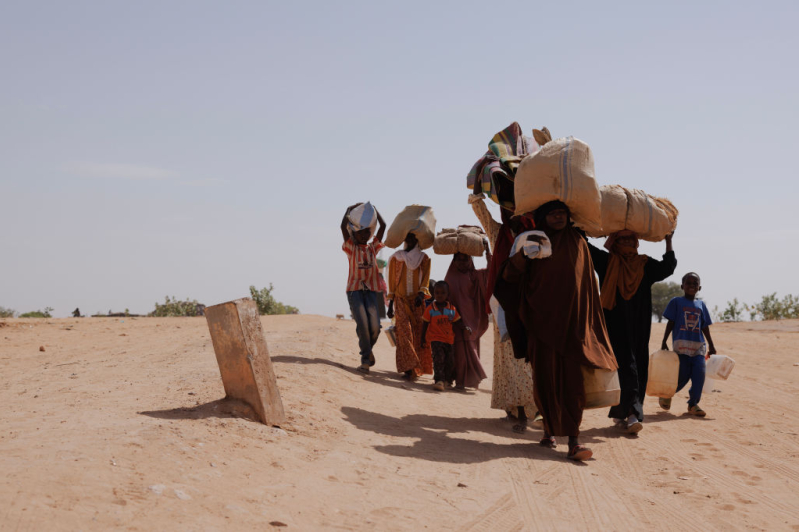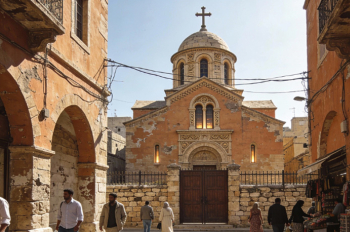
As Africa faces a growing displacement crisis, local churches are increasingly stepping into the gap left by declining international aid, according to participants at a recent roundtable organized by the Refugee Highway Partnership Africa (RHP Africa).
The event, held in April in Nairobi, brought together 32 leaders from ministries serving forcibly displaced people across the continent and beyond. The gathering aimed to reflect on the Church’s emerging role as a primary responder to the needs of refugees, internally displaced persons (IDPs), and asylum seekers.
Africa is home to more than 45 million forcibly displaced people as of 2024, a 14% increase from the previous year and nearly double the number recorded in 2018. The crisis has been driven by ongoing conflicts, climate disasters, and political instability.
Globally, more than 120 million people have been forced to flee their homes, including nearly 44 million refugees or asylum seekers, according to the UN High Commissioner for Refugees. A significant portion of the displaced are located in Africa. The East Africa and Great Lakes region shelters more than 5.4 million people, with Sudan alone accounting for close to 2 million, making it the continent’s largest refugee crisis. West and Central Africa host around 3.3 million, while Southern Africa accommodates 10 million refugees and asylum seekers.
With traditional donor funding in decline, local churches are filling the void. Roundtable participants shared firsthand accounts of faith communities offering land, mobilizing resources, and delivering essential services to those in need.
Rev. Clement from Chad described how congregations are sacrificing their own resources to support refugees. In Uganda, churches have taken the lead in providing trauma care—a role once filled by non-governmental organizations. Salome from South Sudan recounted the death of a woman in a food queue, underscoring the urgent need for sustainable, community-based responses.
Participants emphasized a shift from emergency aid to long-term sustainability and resilience. Initiatives such as skills training in tailoring, photography, and agriculture are equipping displaced individuals with practical tools for self-sufficiency.
Programs like He Is Like Me International Ministries are working with women and youth in refugee camps, fostering resilience and hope in difficult conditions.
As third-country resettlement options diminish, African-led models such as Kenya’s Shirika Plan and Uganda’s Comprehensive Refugee Response Framework (CRRF) are being considered. However, challenges remain, including concerns about politicization and the lack of meaningful community consultation.
Education was identified as a critical gap in current humanitarian responses. In response, church-led initiatives are incorporating sports, arts, and youth programs to address the needs of displaced children and adolescents.
“From the roundtable, we see organizations using football to bring refugees together, creating spaces for dialogue and spiritual growth,” said one participant. Another added, “The hope is that eventually like-minded ministries like these can build the Church’s capacity.”
The roundtable highlighted a growing conviction among participants that churches must not only respond to immediate needs but also help build long-term solutions rooted in local communities.






